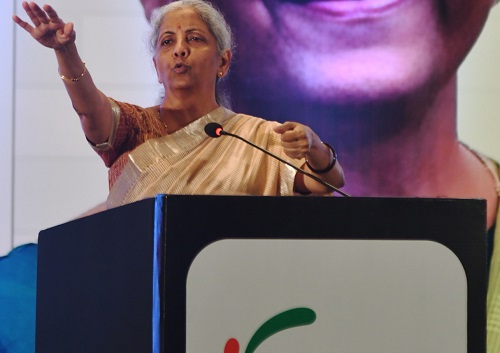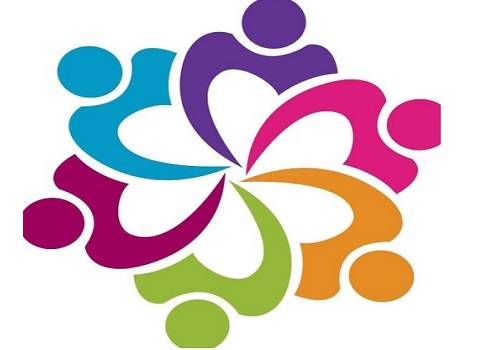Economy Review lists 'women-led development' as key priority

The Finance Ministry's comprehensive review on the Indian Economy, spanning 74 pages, offers a detailed assessment of the country's economic trajectory over the past decade.
Titled 'The Indian Economy: A Review', the document released by the Department of Economic Affairs (DEA) looks into various aspects, with the second chapter focusing on 'Women-led development: Tapping the Gender Dividend for India', among other things.
The report highlights the passage of the women's reservation Bill -- Nari Shakti Vandan Adhiniyam (NSVA) -- in September 2023, aligning with India's G20 Presidency, where "women-led development" is a key priority.
The NSVA, providing one-third reservation to women in Panchayats, is seen as a significant step towards enhancing women's participation in governance, linked to improved institutions and greater probity.
Initiatives like PM Jan Dhan Yojana have increased the proportion of women with bank accounts, demonstrating progress in financial inclusion.
Women-led Self-Help Groups (SHGs) have positively impacted women's economic, social, and political empowerment, as seen through various indicators such as financial decision-making, improved social networks, and livelihood diversification.
Schemes like Deendayal Antyodaya Yojana-National Rural Livelihood Mission (DAY-NRLM) have been associated with women's empowerment, self-esteem enhancement, and medium impacts in education and participation in village institutions.
Initiatives under Skill India Mission and Startup and Stand-Up India have witnessed encouraging female participation, contributing to human capital formation.
Various welfare schemes such as Swachh Bharat Mission, Ujjwala Yojana, and Jal Jeevan Mission have improved the lives of women, addressing concerns of safety, dignity, and reducing drudgery.
The PM AWAS Yojana (Gramin) has seen significant women-centric ownership of completed houses, positively impacting decision-making and health outcomes.
Initiatives like 'Beti Bachao, Beti Padhao' have contributed to an increased Gross Enrollment Ratio (GER) of girls in secondary schools and heightened awareness towards saving and educating the girl child.
The abovementioned initiatives have already begun paying dividends, with the female labour force participation rate (LFPR) rising to 37 per cent in 2022-23 from 23.3 per cent in 2017-18, improvement in the sex ratio at birth from 918 in 2014-15 to 933 in 2022-23, and reduction in maternal mortality rate from 130/lakh live births in 2014-16 to 97/lakh live births in 2018-20.























